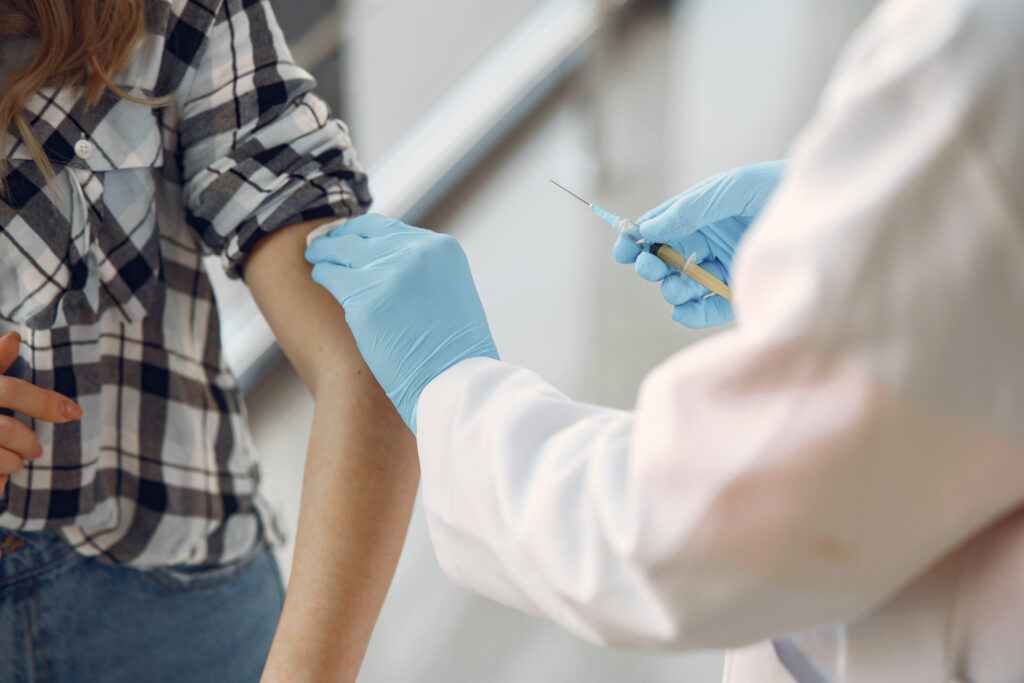The World Health Organization (WHO) stated that the great challenge in combating the covid-19 pandemic in 2021 is to gather the four billion dollars it considers necessary to guarantee access to vaccines for the poorest countries.
In a video message released today, WHO director-general, Tedros Ghebreyesus, pointed to the vaccines already approved and the remaining candidates being evaluated as “the great hope to turn the course of the pandemic”, but for that it is necessary to “ensure that all people at risk around the world are immunized”.
WHO's global vaccine sharing and equitable access initiative, Covax, "needs more than $XNUMX billion urgently to buy vaccines for low- and middle-income countries," he reiterated.
"It is the challenge that we need to overcome in the new year", he considered, indicating that the goal is to guarantee access to two billion doses of the various candidate vaccines against the new coronavirus.
Ghebreysesus declared that there is "a simple but profound choice" to make next year: "we ignore the lessons of 2020 and let insularity, sectarianism, conspiracy theories and attacks on science prevail, or walk together the last kilometers of this crisis, sharing vaccines fairly?”.
"In 2020 we saw how political and intercommunity divisions fuel the virus and fuel crisis," he lamented.
As it will take time to carry out a global mass vaccination campaign, it will be necessary to continue to comply with measures of physical distance, use of masks, respiratory etiquette and hand hygiene, he insisted.
On the eve of the anniversary of the first announcement of cases of "pneumonia of unknown origin" in the Chinese city of Wuhan, which were found to be caused by SARS-CoV-2, which causes Covid-19, the agency's general director The UN said that it was a year marked by "so many lost lives and so much disruption in families, societies and economies."
At the same time, there was "the quickest and most widespread response to a global health emergency in the history of mankind," he said.



















Comments